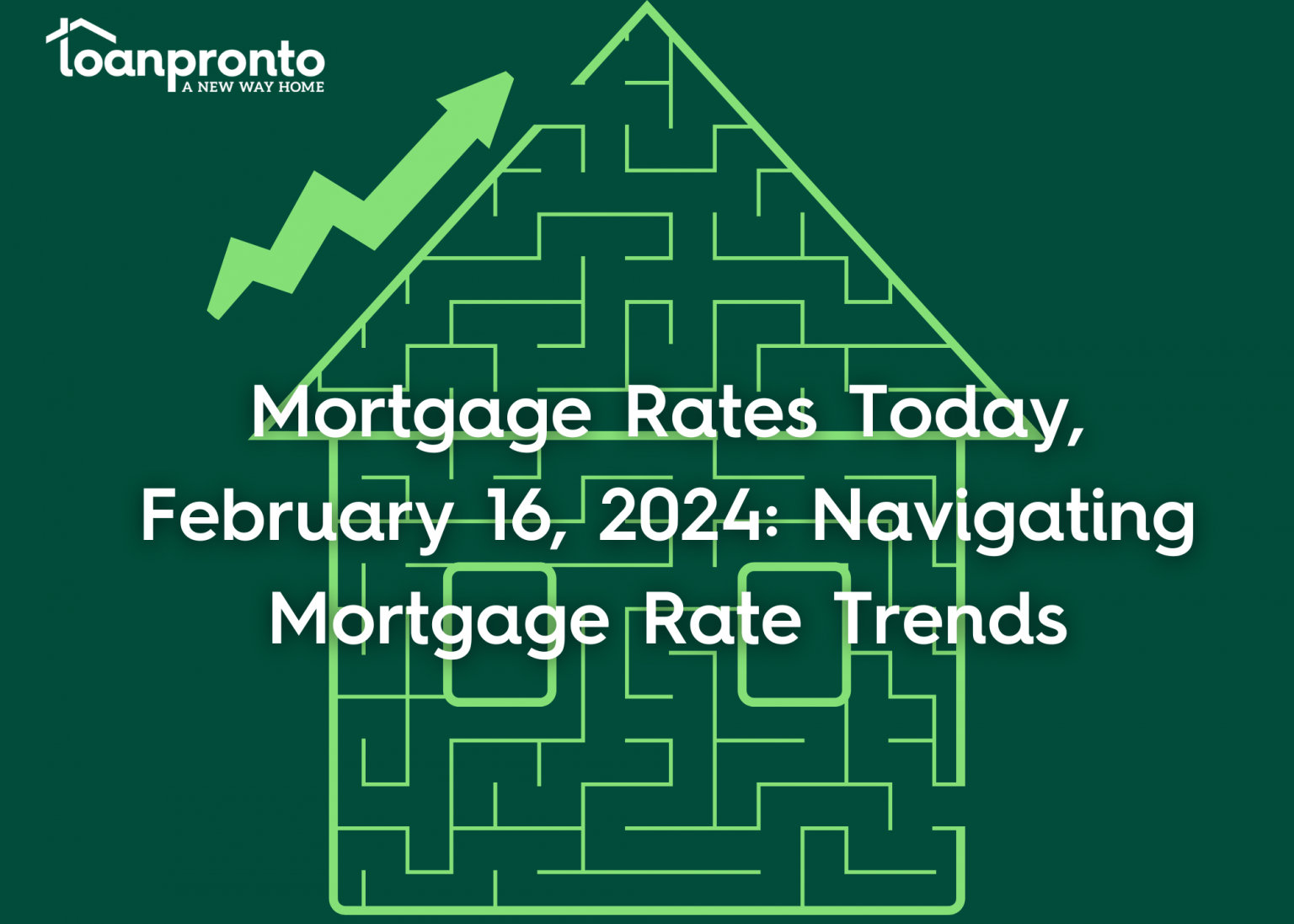Understanding the economic indicators driving weekly fluctuations is crucial for both homebuyers and homeowners in a market that is constantly changing. This week, we observed a notable uptick with a mortgage rate increase of 0.25%. We also analyzed the January CPI and PPI reports to assess their influence in the market. Let’s delve into what economic indicators influenced this movement and what it means for borrowers.
Factors Behind the Rate Increase
The primary drivers of this week’s rate hike were the releases of the January Consumer Price Index (CPI) and the Producer Price Index (PPI) reports. These indices serve as vital indicators of inflationary pressures within the economy. The CPI measures changes in the prices paid by consumers for goods and services, providing insight into inflation trends. When CPI figures rise, it often signals heightened inflationary pressures. This prompts lenders to adjust interest rates upward to mitigate the effects of inflation. Similarly, the PPI tracks changes in prices received by producers for their goods and services. Like the CPI, a surge in the PPI can signal potential inflationary risks, influencing mortgage rates accordingly.
Implications for Borrowers
For prospective homebuyers and homeowners alike, understanding the implications and economic indicators of rising mortgage rates is essential. An increase of 0.25% can translate into higher monthly payments and increased borrowing costs over the life of the loan. For those in the market for a new home, higher rates may impact affordability and purchasing power, potentially influencing buying decisions and loan options. Homeowners with adjustable-rate mortgages or those considering refinancing may face less favorable terms in the current rate environment.
Looking Ahead
Moving forward, keeping an eye on key economic indicators and market trends remains paramount. Reviewing and understanding the January CPI and PPI reports helps to monitor future reports. It also helps with developments in employment data and Federal Reserve announcements. These can provide valuable insights into the direction of mortgage rates. For individuals planning to enter the housing market or refinance existing loans, staying informed about rate movements and economic developments is crucial.
While this week brought a modest increase in mortgage rates, it serves as a reminder of the dynamic nature of the housing market. By staying informed and proactive, borrowers can adapt to changing rate environments and make sound financial choices. As we move into the next week, remain vigilant, and be prepared to assess how economic indicators and market dynamics may influence mortgage rates. With knowledge and foresight, borrowers can confidently navigate the ever-evolving landscape of mortgage financing.
| Product | Rate | Last Week | Change |
| 30-year fixed | 6.625% | 6.49% | ⇧ – 0.14 |
| 15-year fixed | 5.875% | 5.75% | ⇧ – 0.13 |
| 30-year fixed with $1,500 lender credit | 6.875% | 6.624% | ⇧ – 0.25 |
| 30-year FHA with $1,500 lender credit | 6.249% | 6.249% | +/- 0.000 |
| 30-year FHA | 6.125% | 5.99% | ⇧ – 0.14 |
| 30-year VA | 6.125% | 5.99% | ⇧ – 0.14 |
DISCLAIMER: ALL LOANS ARE SUBJECT TO CREDIT APPROVAL. INTEREST RATES ARE SUBJECT TO CHANGE DAILY AND WITHOUT NOTICE. CURRENT INTEREST RATES SHOWN ARE INDICATIVE OF MARKET CONDITIONS AND INDIVIDUAL QUALIFICATIONS AND WILL VARY UPON YOUR LOCK-IN PERIOD, LOAN TYPE, CREDIT SCORE, LOAN TO VALUE, PURPOSE, AND LENDING SOURCE.
30-year fixed-rate mortgages
Presently, the 30-year fixed-rate mortgage sits at 6.625%, reflecting an increase of 14 basis points from the preceding week. Despite its interest rate being higher than that of the 15-year mortgage, the 30-year option is favored by many buyers for its advantage of providing more budget-friendly monthly payments.
15-year fixed-rate mortgages
The current interest rate for a 15-year fixed-rate mortgage is 5.875%, showcasing an increase of 13 basis points from the week prior. Choosing a 15-year mortgage enables borrowers to pay back their loan repayment quicker compared to the 30-year option. While this leads to increased monthly payments, it substantially diminishes the total interest paid over the loan’s duration.
30-year fixed-rate with a $1,500 lender credit
A 30-year fixed-rate mortgage with a $1,500 lender credit offers borrowers the stability of a fixed interest rate over a long loan term, along with financial assistance from the lender to offset some of the upfront costs associated with obtaining the mortgage. The current interest rate stands at 6.875%, 25 basis point higher than last week.
Use our free mortgage and amortization calculators to calculate your monthly payment, including insurance, taxes, and interest.
No SSN required. Zero impact to credit. Your Information is never sold.
